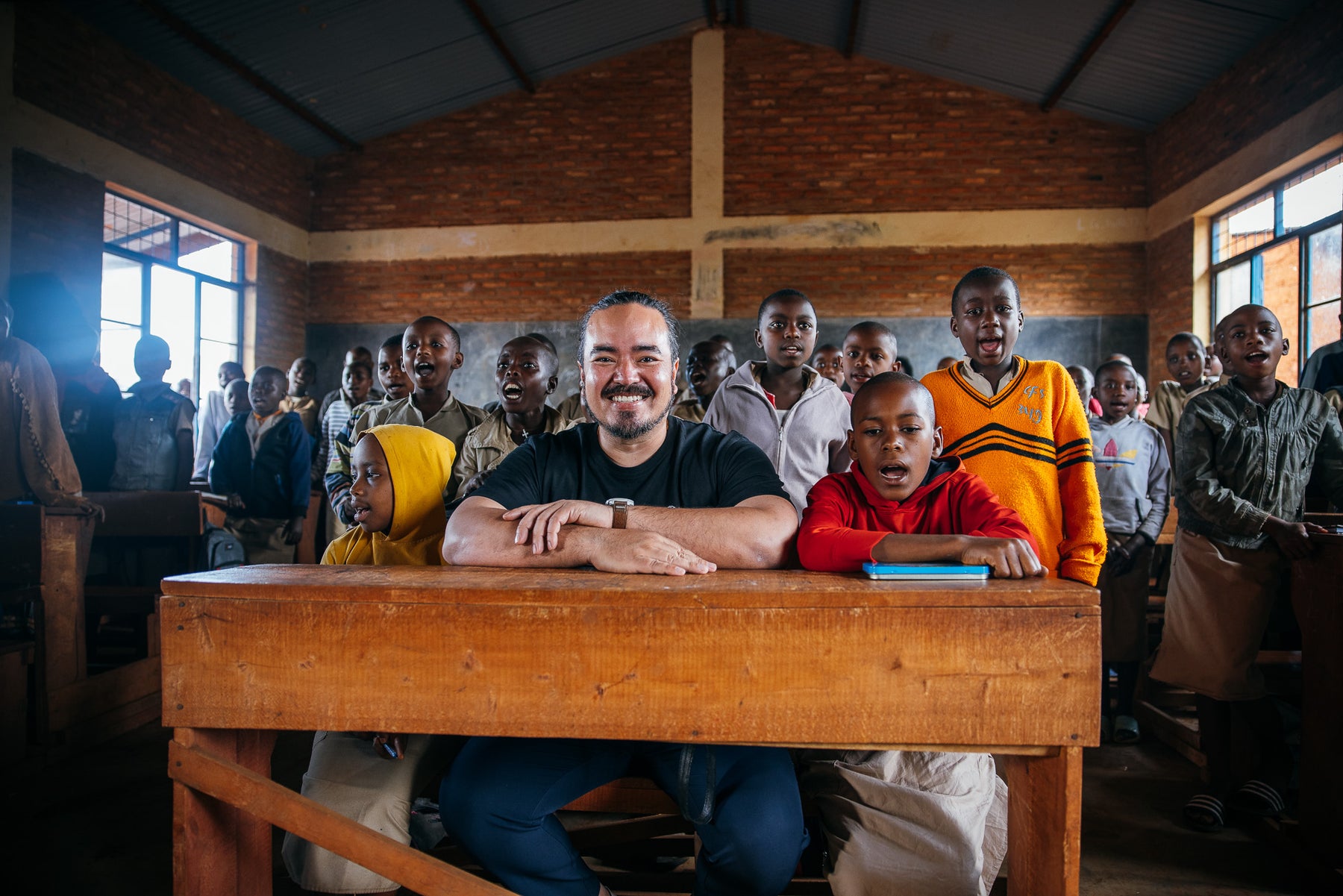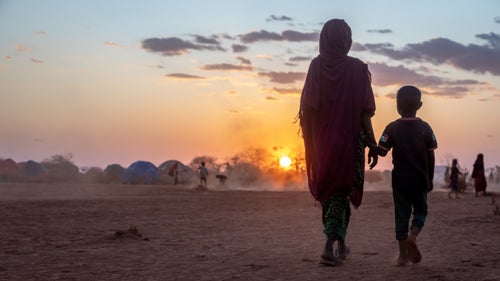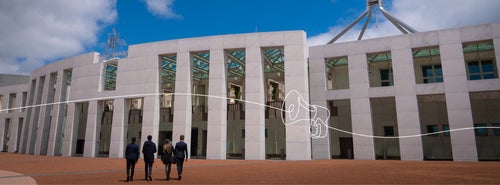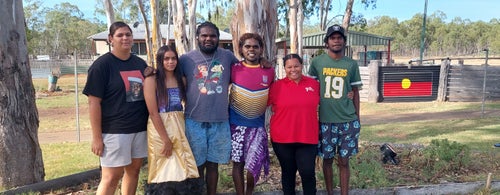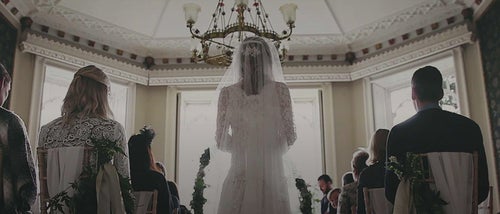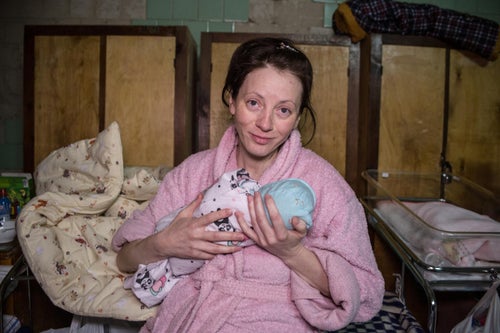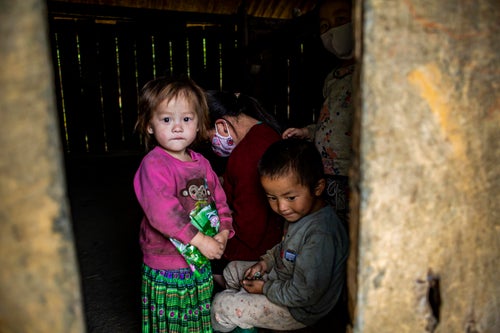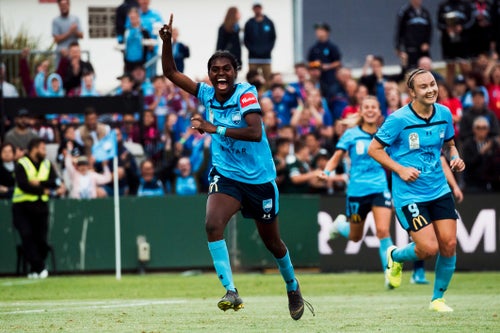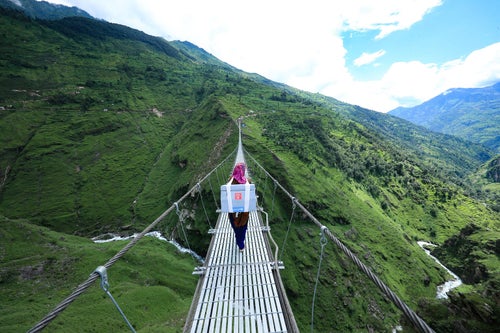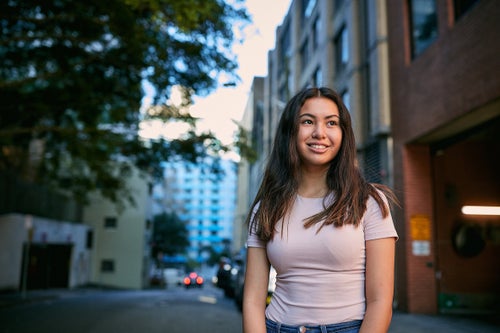Burundi is a landlocked country in East Africa, bordering Rwanda and Tanzania. It's often described as the poorest country in the world. It's also a country that has one of the highest rates of child malnutrition globally and it's at extreme risk of the impacts of climate change.
But on a recent visit to Burundi, UNICEF Australia Ambassador Adam Liaw discovered a different side of the country. From vertical farming to cooking with local mothers, Adam's experience in Burundi is one of hope and resilience, something he will always remember. Here are some of the key ingredients of a recipe for hope.
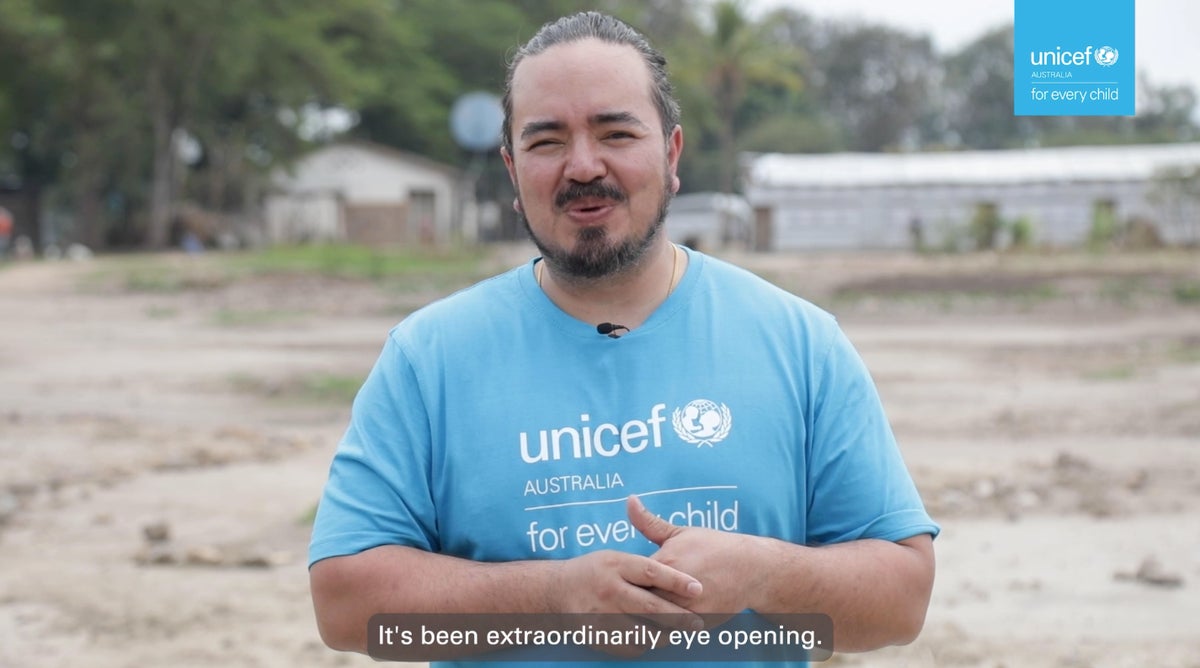
A recipe for hope: Adam Liaw reports from Burundi
Australia's favourite cook, television presenter and UNICEF Australia Ambassador, Adam Liaw travels to Burundi, a country in East Africa, to visit projects that are making a difference in the lives of children and young people.
1. Nourishing dreams for brighter futures
In Burundi, 1 in 2 children under five suffer from malnutrition driven by poor child diets, poverty and food insecurity. From a visit to a hospital where children are recovering from malnutrition to cooking with local mothers, Adam Liaw saw firsthand the battle against severe acute malnutrition and the incredible work doctors, nurses, mothers and the whole community are doing every day to nourish little ones around the country.
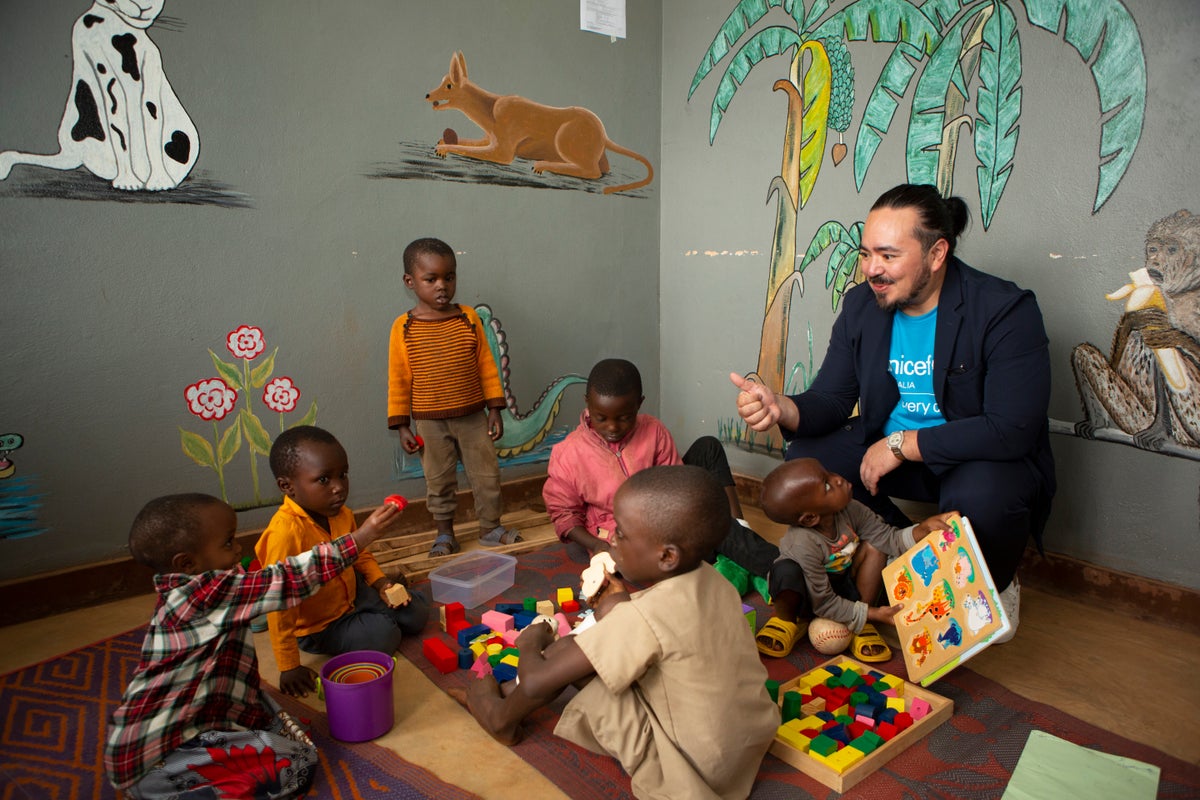
"I've been a UNICEF Australia Ambassador for about 10 years now. And my time spent cooking with local mothers in Burundi is probably my favourite experience of anything I've ever done with UNICEF. It was a wonderful day and fabulous to see the impact on the lives of children."
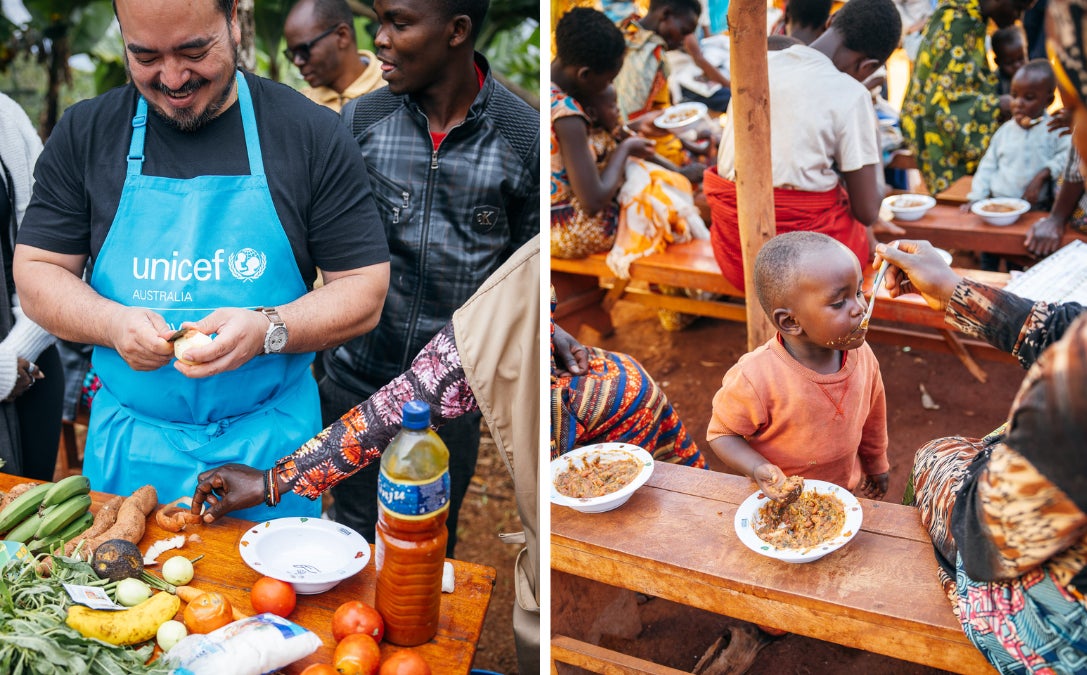
"I think food really brings people together. I don't cook just for fun, I cook because cooking has a real practical purpose and a real practical application. In Burundi, the ability to understand what to cook and why to cook it and how that can benefit a child can literally be the difference between life and death."
2. Learning by doing it
In a country where problems aren't one-dimensional, the Creatable Project* offers innovative solutions by fostering hands-on learning experiences. It empowers children and young people to learn not through theoretical means but through practical experience. With Creatable, education becomes a tool for transformation, providing hope and skills for a brighter future.
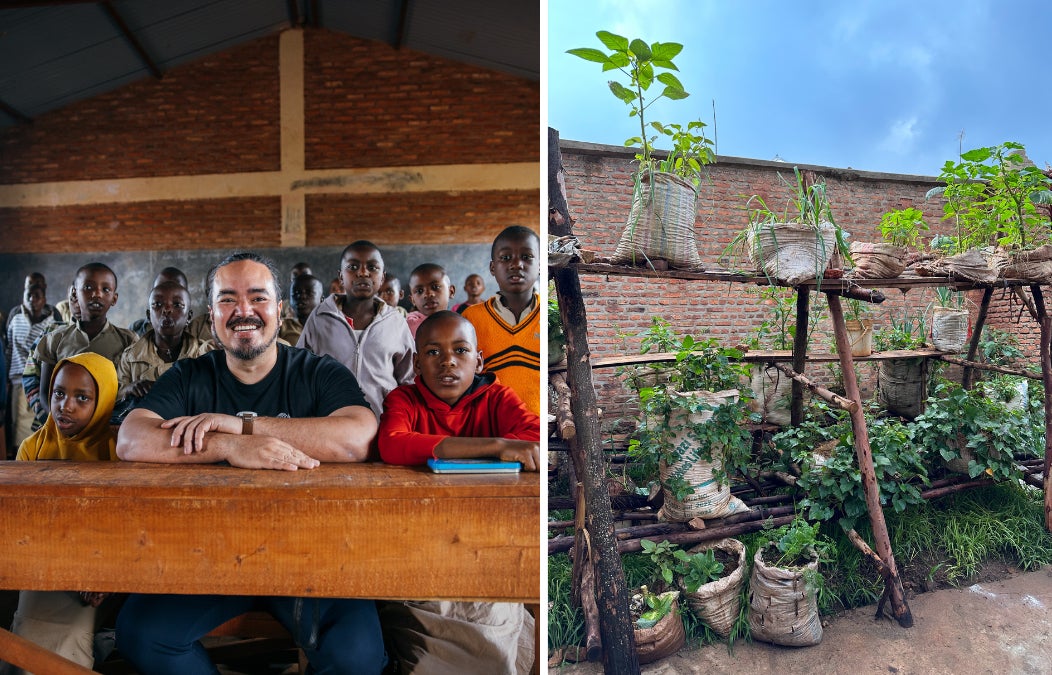
"The Creatable Project solves a number of problems at once. It provides children with a practical education, one that they can apply in their own homes and lives."
3. From charcoal to change
The Green Girls project trains teenage girls and young women to source and manufacture a cheaper, more environmentally friendly type of charcoal made of plant materials. It not only reduces the pressure on natural resources but also creates economic opportunities. By empowering young girls and women economically, environmentally, and socially, projects like these provide immediate support while paving the way for sustainable, resilient communities in the face of an ever-changing climate.
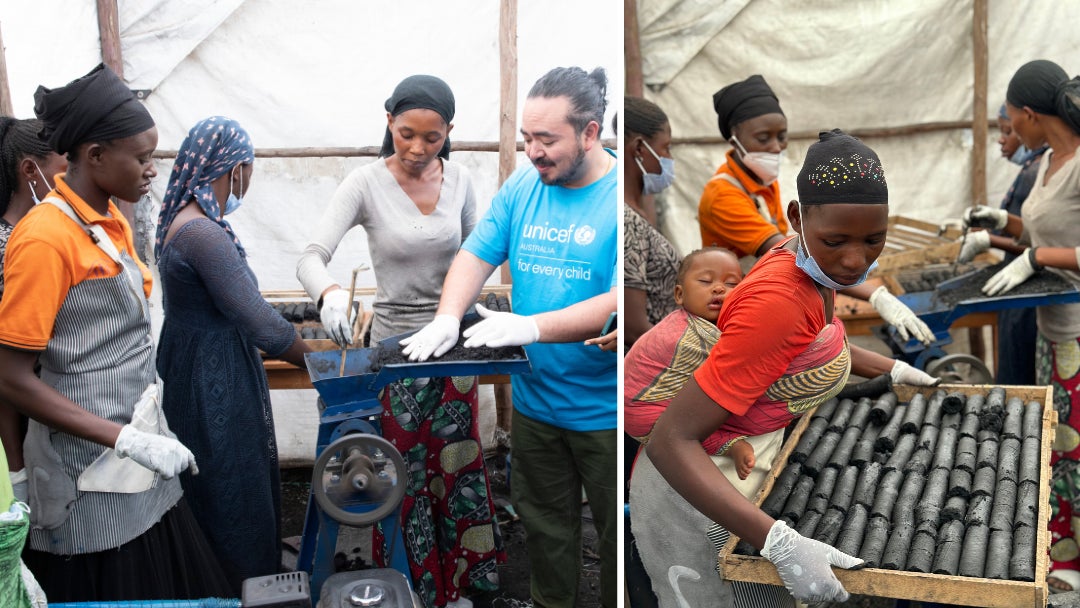
"It's just ingenious when you see how this project tackles multi-dimensional problems in a really multi-dimensional way. "
A recipe for hope
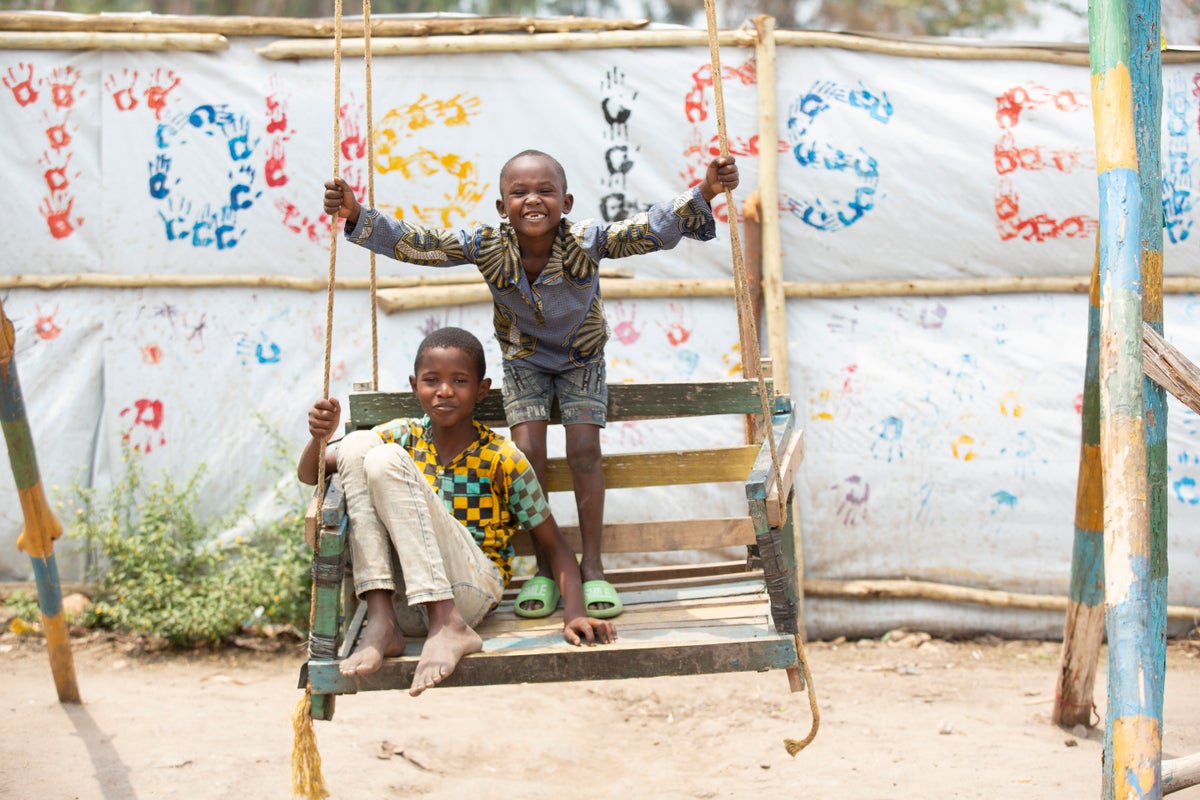
"Visiting Burundi has been extraordinarily eye-opening. It's been enjoyable. It's been extremely sad at times. But there is no substitute for seeing the impact of the work UNICEF is doing in the faces of the children that I've met, and the families that I've met in my time here. The children that I've met love to sing and dance and the adults that I've met love to talk and chat and do all the things that we love to do at home. Sometimes you can get caught up in the stats and figures, but the things that UNICEF does around the world have a real impact on people's lives."
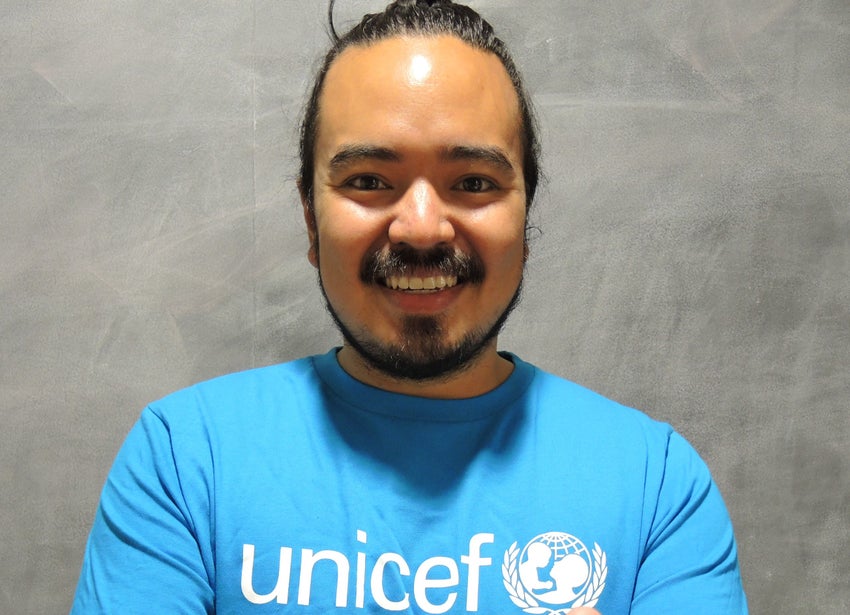
About Adam Liaw
Malaysian Australian cook, television presenter and author, Adam Liaw has been a dedicated UNICEF Australia Ambassador for over 10 years. He won the second series of MasterChef and lives with his family of five in Sydney.
* Creatable is a UNICEF Australia-supported program, developed in partnership with Australian production company FINCH with support from the Australian Government through the Australian NGO Cooperation Program (ANCP).
Related articles
Stay up-to-date on UNICEF's work in Australia and around the world



